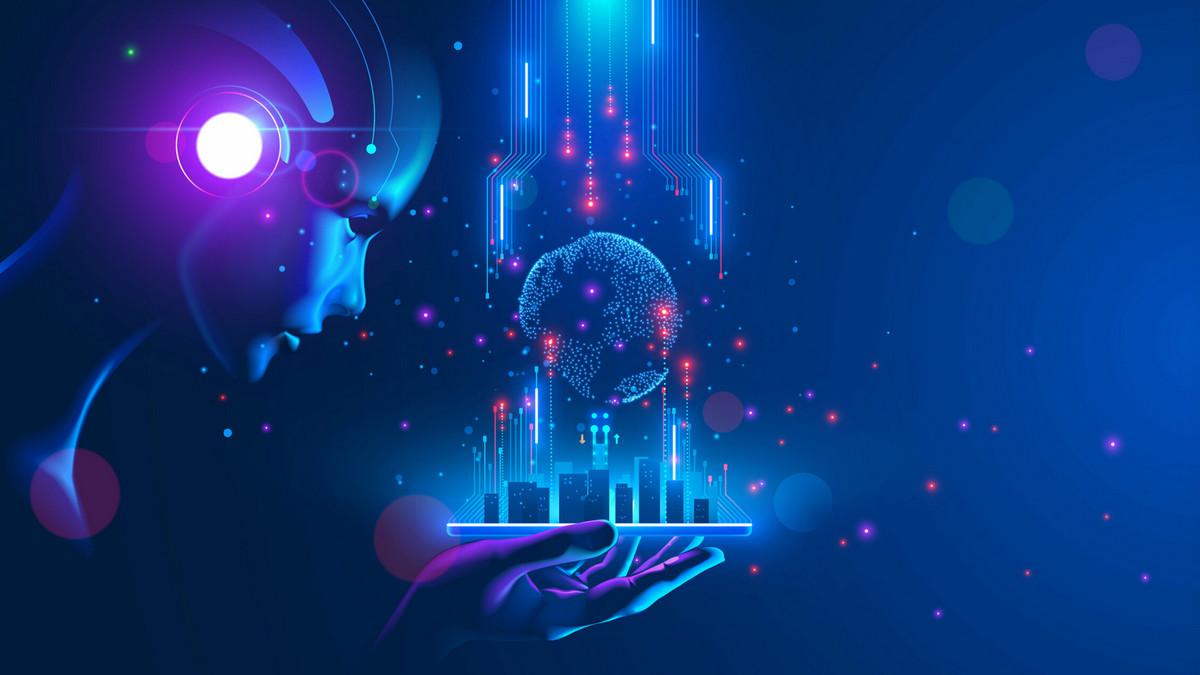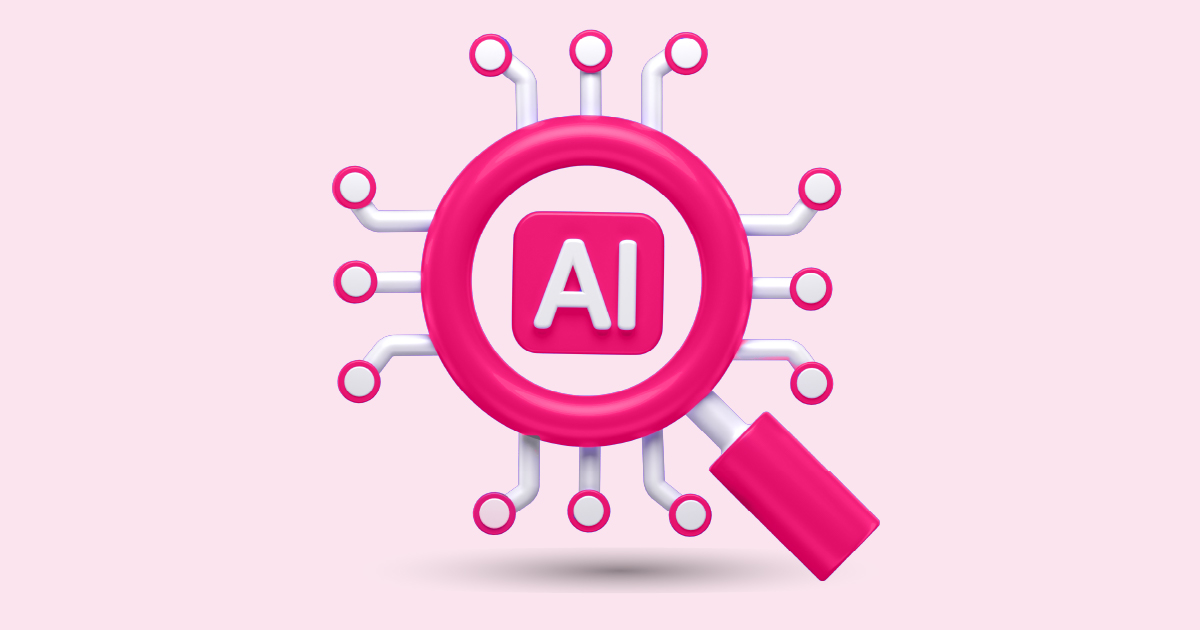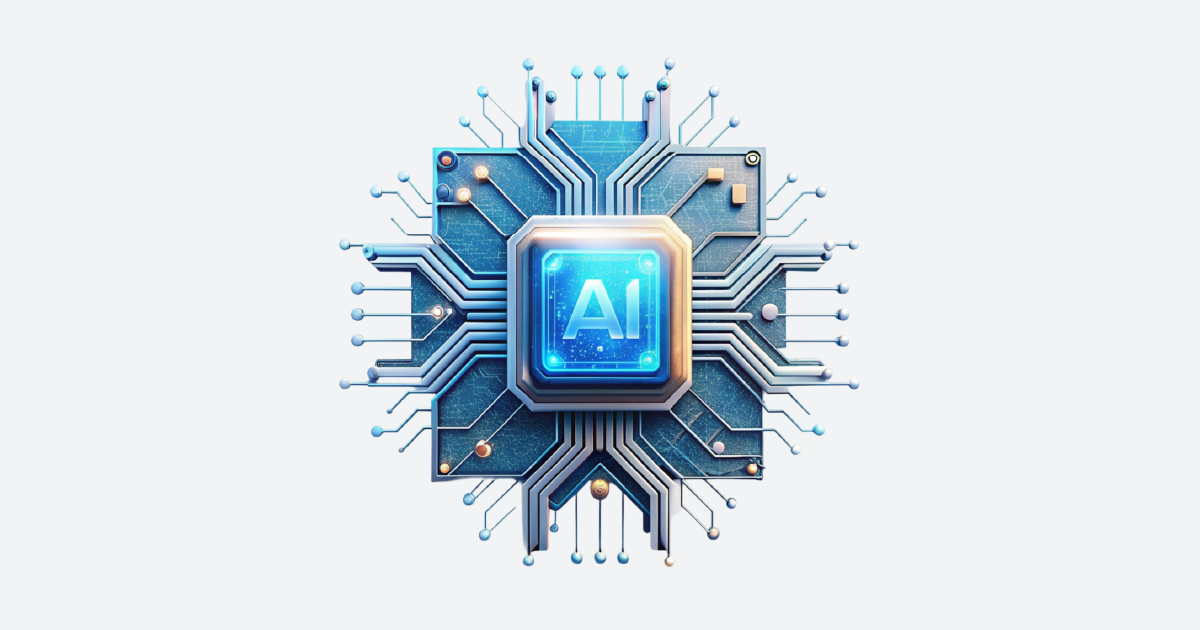Artificial Intelligence (AI) is no longer a distant dream; it’s an integral part of our lives, shaping how we interact with technology and the world around us. From virtual assistants to self-driving cars, AI is making rapid strides, and understanding future trends in artificial intelligence is crucial. So, what lies ahead for this transformative technology?
Future Trends in Artificial Intelligence: Shaping Tomorrow’s World

The Evolution of AI
Early Beginnings of AI
Theoretical Foundations
AI’s journey started with ambitious visions in the mid-20th century. Theoretical work by pioneers like Alan Turing laid the groundwork for what we now recognize as AI.
Initial Practical Applications
Early AI systems, though limited, demonstrated the potential of machines to mimic basic human intelligence, from playing chess to basic language processing.
Milestones in AI Development
Machine Learning Breakthroughs
The late 1990s and early 2000s saw a surge in machine learning advancements. Algorithms capable of learning from data brought about a paradigm shift in AI research.
Rise of Neural Networks
Neural networks, inspired by the human brain’s structure, became the cornerstone of modern AI, leading to powerful models like deep learning.
Current Landscape of AI
AI in Everyday Life
Virtual Assistants
AI-driven virtual assistants like Siri, Alexa, and Google Assistant have become household staples, simplifying daily tasks with voice commands.
AI in Healthcare
From diagnostic tools to patient management, AI is revolutionizing healthcare, enhancing precision and efficiency.
Business Applications
AI in Marketing
Businesses leverage AI for targeted marketing, offering personalized recommendations and predictive analytics.
AI in Operations
AI streamlines operations, optimizing supply chains and automating routine tasks, improving efficiency across industries.
Future Trends in Artificial Intelligence
Autonomous Systems
Self-Driving Cars
Autonomous vehicles are set to redefine transportation, promising safer roads and efficient traffic management.
Drones and Robotics
Drones and robots powered by AI will play a pivotal role in logistics, agriculture, and even emergency response.
AI and the Workforce
Job Displacement Concerns
The automation of tasks raises concerns about job displacement, urging the need for reskilling and upskilling.
AI-Enhanced Roles
While some jobs may vanish, new roles centered around AI management and ethics will emerge, reshaping the workforce.
Ethical and Regulatory Challenges
Data Privacy Issues
As AI systems gather vast amounts of data, safeguarding privacy becomes a paramount concern.
AI Accountability
Ensuring AI decisions are transparent and accountable will be critical as these systems influence significant aspects of life.
AI in Specialized Fields
Healthcare Innovations
Predictive Analytics
AI-driven predictive analytics can foresee disease outbreaks and patient outcomes, allowing for proactive healthcare measures.
Personalized Medicine
Tailoring treatment plans based on individual genetic makeup is becoming a reality with AI advancements in genomics.
AI in Finance
Fraud Detection
AI systems analyze transactional data to detect anomalies, preventing fraud more effectively than traditional methods.
Automated Trading
AI-powered algorithms execute trades at lightning speed, optimizing investment strategies and minimizing risks.
Emerging AI Technologies
Explainable AI (XAI)
XAI aims to make AI’s decision-making processes more transparent, fostering trust and reliability in AI applications.
Quantum Computing and AI
The fusion of quantum computing with AI promises exponential improvements in computational capabilities, tackling complex problems.
AI in Edge Computing
Edge computing brings AI closer to data sources, reducing latency and enhancing real-time processing capabilities.
The Role of AI in Society
AI in Education
Personalized Learning
AI-driven platforms adapt to individual learning paces, offering personalized educational experiences.
Educational Accessibility
AI-powered tools provide access to quality education for marginalized communities, bridging the educational divide.
AI for Social Good
Disaster Response
AI aids in disaster prediction and response, enabling quicker, more efficient relief efforts.
Environmental Monitoring
AI systems monitor environmental changes, aiding in the fight against climate change through data-driven insights.
Challenges and Risks
AI Bias and Fairness
Mitigating biases in AI systems is crucial to ensure fair and equitable outcomes across diverse populations.
Security Concerns in AI
As AI becomes pervasive, securing these systems against cyber threats is imperative to prevent misuse.
Preparing for the Future Trends in Artificial Intelligence
Upskilling the Workforce
Investing in AI education and training will prepare the workforce for the evolving job market.
Policy and Governance
Effective policies and governance frameworks are essential to harness AI’s potential while addressing its risks.
Conclusion
AI’s future is both exciting and challenging. As we stand on the brink of an AI-driven era, staying informed about its trends will empower us to navigate this transformation responsibly. To explore how AI can specifically benefit your business, request a demo from AIM Technologies today. Discover cutting-edge solutions tailored to drive innovation and efficiency in your operations.
FAQs
What are the key trends in AI?
Autonomous systems, AI-enhanced roles, ethical challenges, and emerging technologies like XAI and quantum AI are key trends shaping the future.
How will AI affect jobs in the future?
AI will automate certain tasks but also create new roles, emphasizing the need for reskilling and upskilling in AI-related fields.
What is Explainable AI?
Explainable AI aims to make AI’s decision-making processes transparent, enhancing trust and accountability.
What role does AI play in healthcare?
AI enhances healthcare through predictive analytics, personalized medicine, and improved diagnostic tools.
What are the ethical concerns with AI?
Key concerns include data privacy, AI accountability, bias in AI systems, and ensuring fair and equitable outcomes.




